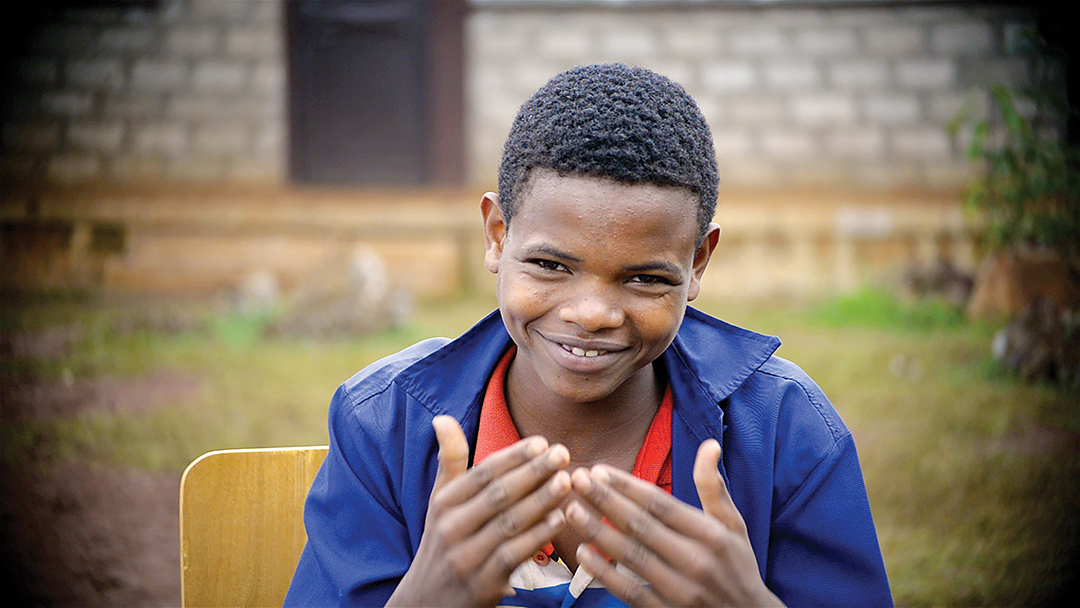In this Q&A, Dr. Eckerle and Dr. Gustafson share answers to some of the top questions parents ask about adopting a child with alcohol exposure.
Both Dr. Eckerle and Dr. Gustafson are Korean adoptees who work with adopted children and their families, with a special focus on alcohol exposure and Fetal Alcohol Spectrum Disorder (FASD).
If a child has exposure to alcohol, does this always mean that they have FASD?
No. Most alcohol-exposed kids will not be on the FASD spectrum. The issue is that, when they are young, we do not know if they will be more or less affected.
What does it mean that FASD is a spectrum?
This means that there are kids and adults who are mildly affected, and there are others who have more severe impairments. Some actually have minor or no long-term effects. We see a range of difficulties with attention, memory, learning and behavior, which may be apparent early on in a child’s life, but also may not be seen until a child is transitioning into adolescence. These behaviors can often be misinterpreted, misdiagnosed as ADHD, or the child can be inappropriately labeled as “not listening, not able to focus, forgetful or willfully disobedient.” A child may not realize that what they are doing is wrong or quite fully understand how their actions impact their surroundings due to the fact that their brain processes things in a different way.
What are the greatest misunderstandings surrounding FASD and alcohol exposure?
People sometimes have an older “picture” that all people with FASD are severely impaired, which is simply not the case the majority of the time. In the same way we view ADHD or autism, an FASD diagnosis means the brain is just wired differently and the best thing we can do is better understand how they see the world and help them move forward at home and at school.
What do you suggest for families considering adopting a child with prenatal alcohol exposure?
Families who are considering adopting an older child may have some good information about the child’s current level of functioning. But in younger children, it’s a leap of faith to see how they develop with the help of a supportive home and intensive intervention services. The earlier we can diagnose and intervene, the more possible it will be for the child to reach their fullest potential. Counseling from professionals both before and after the adoption can help families determine the level of risk and services expected for a particular child or exposure.
How should families prepare for parenting a child who has had alcohol exposure?
Start with a good medical home, meaning a good pediatrician or medical provider — ideally, someone who is familiar with adoption, developmental and behavioral interventions, and prenatal exposures. In addition, the child may need occupational therapy, physical therapy or speech therapy evaluations. The family may also be helped by mental health professionals, parent support groups, and local and national resources like MOFAS/NOFAS.
Judith Eckerle, MD, is an associate professor of pediatrics at the University of Minnesota and is the director of the Adoption Medicine Clinic. Kimara Gustafson, MD, MPH, is an adjunct assistant professor of pediatrics at the University of Minnesota and a doctor at the Adoption Medicine Clinic.
This is an excerpt from a longer story that appeared in Holt’s 2018 adoption magazine.


